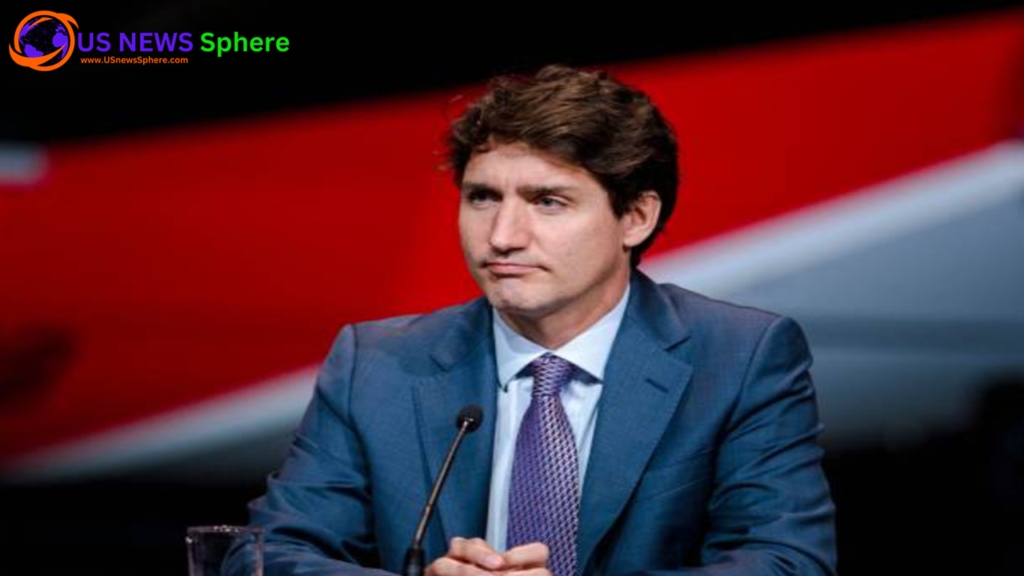In a recent development that has strained relations between Canada and India, Canadian Prime Minister Justin Trudeau accused the Indian government of orchestrating the assassination of a Sikh community leader, Hardeep Singh Nijjar, in British Columbia. India has vehemently denied these allegations, terming them as “absurd.”
Table of Contents

The Accusation:
Prime Minister Trudeau, addressing the House of Commons, stated that “agents of the government of India” were behind the assassination of Mr. Nijjar in June. This claim is based on intelligence gathered by the Canadian government. Trudeau emphasized that any foreign interference in Canadian affairs, especially one that results in the death of a citizen, is a violation of Canada’s sovereignty.
India’s Response:
The Indian foreign ministry dismissed the allegations, suggesting they were politically motivated. They highlighted Canada’s history of providing refuge to “Khalistani terrorists and extremists.” The term “Khalistan” refers to the independent state that Sikh separatists aim to establish. India’s Prime Minister, Narendra Modi, reportedly rejected these allegations when they were presented to him during the G20 summit.
Diplomatic Fallout:
Following the accusations, Canada’s foreign minister, Mélanie Joly, announced the expulsion of an Indian diplomat, identified as the chief of India’s intelligence agency in Canada. This move is expected to further strain diplomatic ties between the two nations. Notably, trade negotiations between Canada and India have been suspended, and during the recent G20 summit, PM Modi did not hold a formal bilateral meeting with PM Trudeau.
The Victim:
Hardeep Singh Nijjar, 45, was a known advocate for Sikh separatism and the creation of Khalistan. He was shot near a Sikh temple in Surrey, British Columbia. While the motive behind his assassination remains unclear, Nijjar had previously been declared a wanted terrorist by India.
Repercussions in Canada:
The Sikh community in Canada, which constitutes about 4% of the population, has expressed fear and anger following the assassination. Jagmeet Singh, the leader of the opposition New Democratic Party and a prominent Sikh figure in Canada, emphasized the importance of safety for Canadians and the Sikh community’s longstanding trust in Canada as a safe haven.
Historical Context:
The Sikh community has faced significant challenges both in India and abroad. The 1980s saw a violent Sikh insurgency in India, leading to numerous casualties. The infamous storming of the Golden Temple in Amritsar in 1984 by the Indian military and the subsequent assassination of Prime Minister Indira Gandhi by her Sikh bodyguards are notable events. Additionally, the bombing of an Air India flight in 1985, originating from Toronto, remains Canada’s deadliest terrorist attack. [cnn.com]
Conclusion:
The unfolding events between Canada and India underscore the intricate dynamics of international relations, particularly when intertwined with the sentiments of a significant diaspora like the Sikh community. As both nations navigate this delicate situation, it’s imperative to prioritize diplomacy, transparency, and mutual respect. The hope remains that these recent tensions will pave the way for constructive dialogue, fostering a deeper understanding and strengthening the ties that bind these two diverse nations.





